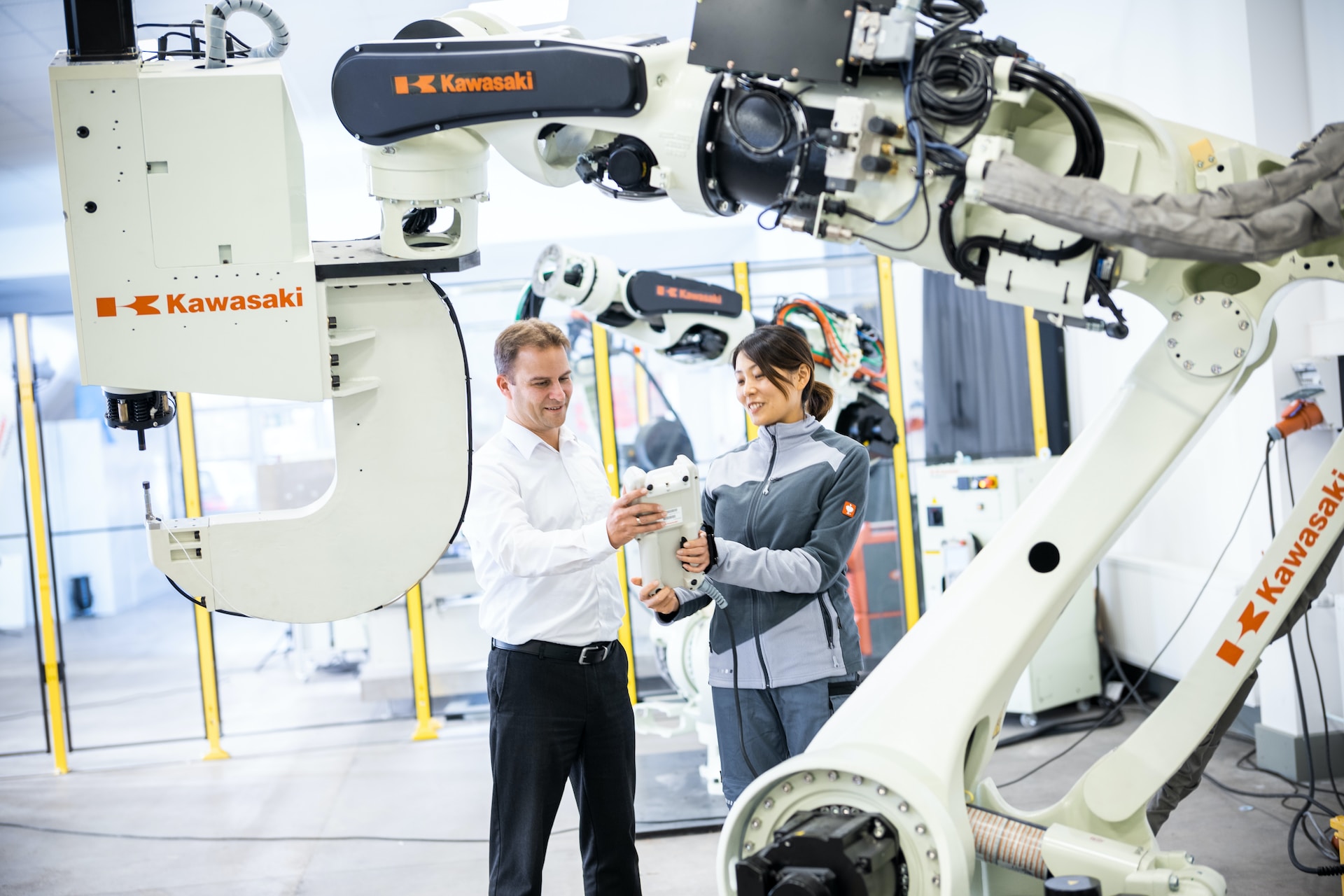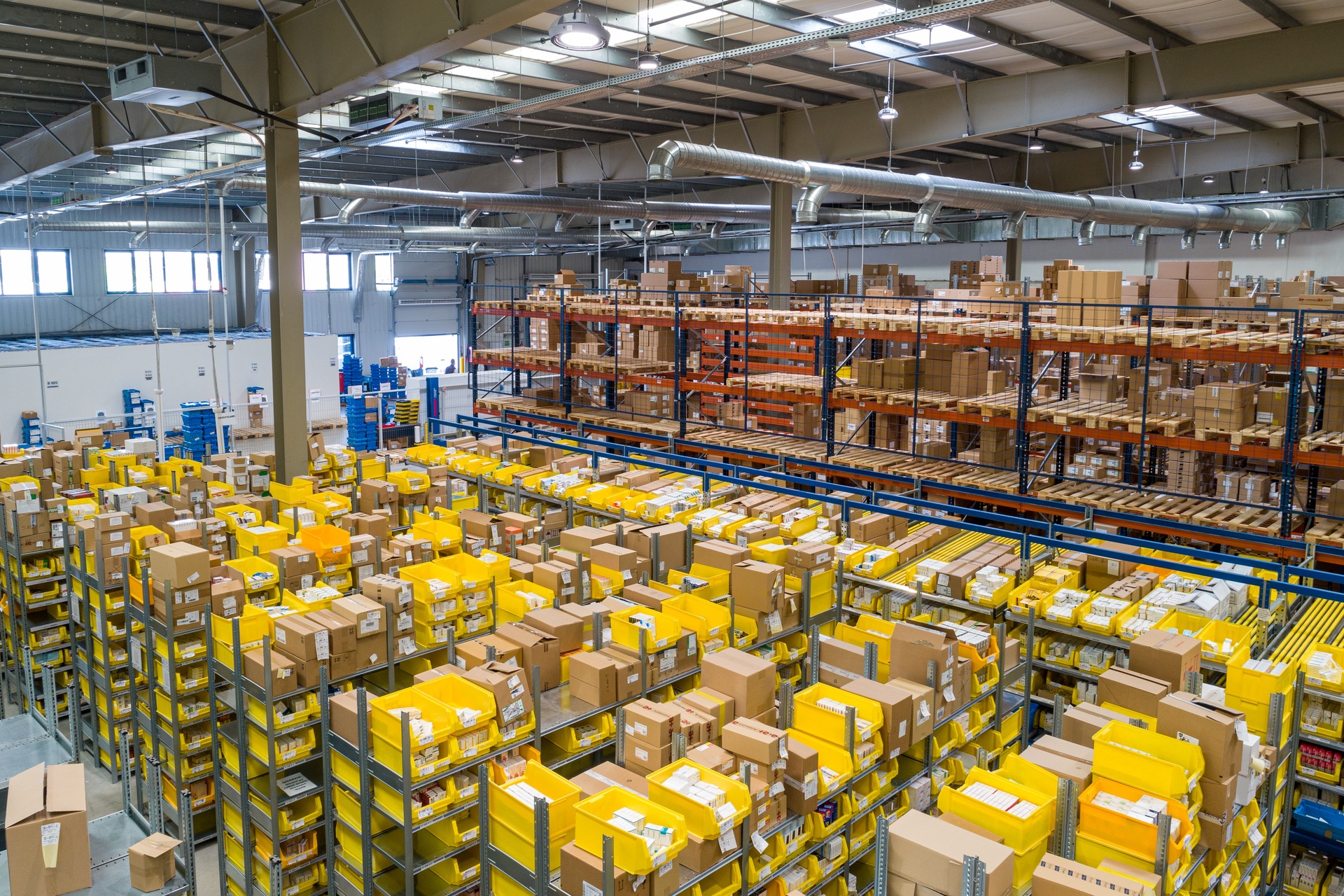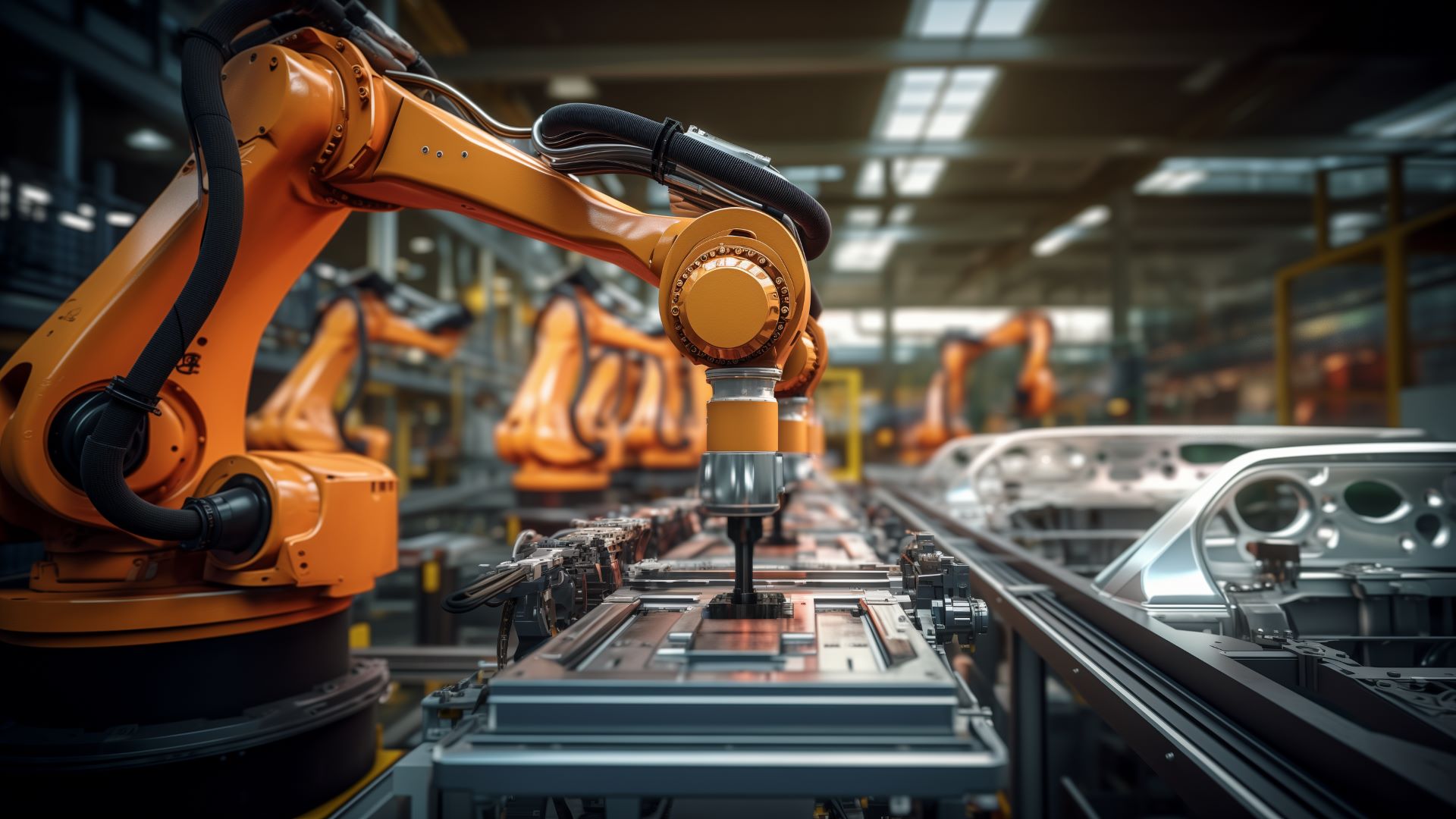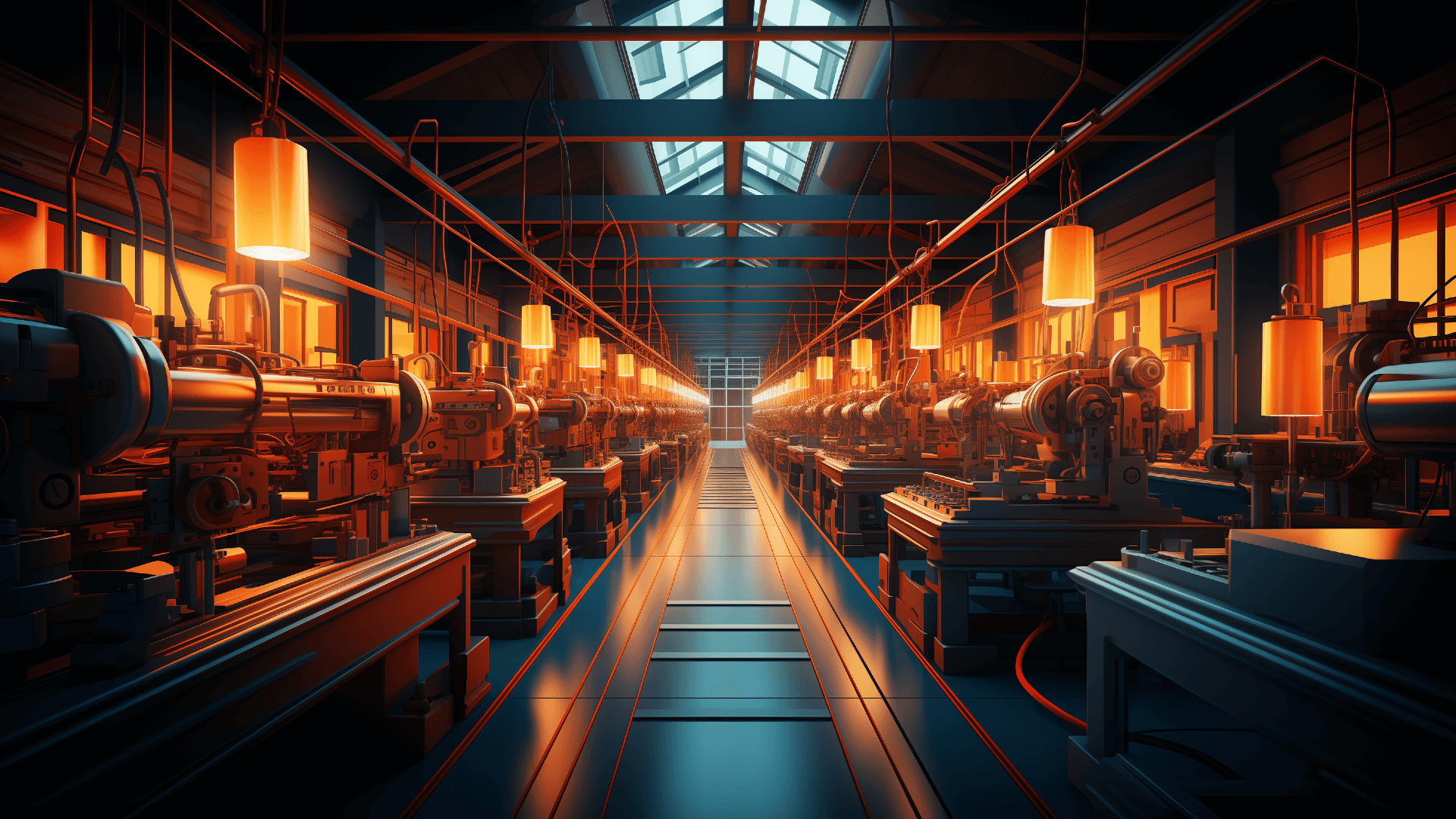
Reasons You Need to Care About the Fourth Industrial Revolution
February 23, 2017 - Emily Newton
Revolutionized is reader-supported. When you buy through links on our site, we may earn an affiliate commision. Learn more here.
Know what a cobbler is? How about a cooper? These are words you commonly hear, but other than a dessert and a brand name of tires, respectively, you probably don’t actually know what those words mean. These were once jobs that are now gone. Previous industrial revolutions made them obsolete. The Fourth Industrial Revolution is upon us. You need to educate yourself, make changes and adapt before your job is obsolete.
What Is It and Why Is It Fourth?
The First Industrial Revolution involved using water to create steam that powered machines, which took place in the late 1700s. The Second Industrial Revolution, during the late 1800s, brought electricity and mass production of goods. By the late 1900s, we had automated production, information technology (IT) and many electronic devices that were previously manual. This was the Third Industrial Revolution.
Like all revolutions, the next is always a continuation of the previous. When a revolution becomes its own revolution, rather than a continuation of the previous one, is open to debate. The Fourth Industrial Revolution is the fusion of technologies among the digital, physical and biological systems. The internet is like the glue that binds them all.
The World Economic Forum (WEF), a nonprofit foundation based in Geneva, Switzerland, offers a similar definition of the most recent revolution. The WEF asserts that the impact, speed and scope of technological change as the grounds to define this era as a new revolution. They also refer to the union of digital, physical and biological systems as its implementation.
Which Industries Does Technology Affect the Most?
All of them, really. Can you think of anything in your life that technology hasn’t affected? There are “apps” for just about everything. Gas pumps are computerized. There are self-serve food places. Libraries even have automated book checkout stations.
Remember the cobbler and the cooper? A cobbler was a bootmaker and shoemaker — or, more precisely, one who fixed them. See any of those at the mall? Probably not. Expect the mall to fall victim soon, too, like other brick-and-mortar establishments.
A cooper made and repaired casks and barrels. The trade still exists, but only as a niche market for craftsmen. As a job, it was long ago replaced by mass production.
Many industries are trying to introduce new technologies that create new ways of serving the needs of the consumer. As with any change, there are positive and negative results. Introducing motorized vehicles drastically reduced the need for horses.
The fourth industrial revolution, or Industrial Revolution 4.0, will affect every sphere into which we introduce new technology, including long-standing industries.
1) Government
Governments must continuously secure their computers, and they must keep up with the changing technology. Cyber-attacks are a reality. Hollywood was attacked after North Korea was insulted by one of its productions. The breach leaked sensitive information. Foreign governments have gained illegal access to our computers, putting our national security at risk.
WikiLeaks has posted sensitive data for all to see, risking the lives of those who helped obtain it. Our presidential election is said to have been compromised by the Russian government in an attempt to alter its outcome. Defense and warfare rely heavily on computers and must remain secure.
2) Agriculture
Farming seems like an antique of previous revolutions, but it, too, not only will be — it must be part of the Fourth Revolution. Fewer farms serve an increasing population. We need the maximum yield from available space. We can use technology to control equipment and collect valuable data.
Smart machines can use satellite navigation, streamline the production process and “consult” weather and other factors for efficient production.
3) Manufacturing
You’ve already seen robotics in manufacturing. This is certain to increase as technology improves. New energy sources will likely lower production costs. Printing with 3D printers will expand the amount of items that can be produced, and how it will be done more efficiently. The downside is that workers will most likely be displaced, if not entirely replaced, in many areas. Technology has been blamed for the stagnation of incomes and the sharp drop in demand for workers, skilled and unskilled.
4) Healthcare
Technological advances in healthcare have decreased mortality rates and diseases. Biotechnology has provided an overlap of manufacturing into healthcare. Food sources can be manipulated and better maintained to serve our needs. Healthcare uses 3-D printing to create artificial limbs and body parts. Expenses are rising and healthcare has become less affordable to the masses, becoming a political issue as a result. Will the middle class and the poor benefit from these advances, or will advances only serve the wealthy?
5) Business
New things and new ways of doing business are increasing. Self-driving cars, online shopping and the ability to book flights from your smartphone are all examples of these changes. While new jobs get created, old jobs become obsolete. Look at Uber and how it has crippled the taxi cab industry. I mentioned malls earlier. You can find them, but probably not for long.
Customer expectations are much higher than they used to be because there are so many more choices. Products need to be better, and they need to be delivered faster. Physical products and services can be aided by the advances in technology. Everything, how things are made to the demands of the customer, needs to be rethought on an ongoing basis.
Business leaders must reevaluate everything, from business models to overall implementation of technology. How will its workforce be affected? Research and development will be more costly and the results not as long-lasting with exponential changes in technology.
The Fallout
With new technology comes change, good and bad. You might have an artificial limb 3-D printed, but you also might lose your job. Technological advances have given us so much but at a cost. Our concept of privacy has been forever altered. Everywhere you go, you can assume someone is recording you for “security” reasons. Post anything on social media at your own risk. Even things you write on your computer, phone or tablet can be “hacked” by unscrupulous people trying to gain information.
How Much Time Do We Have?
According to the WEF, the next five years will bring extraordinary change in every part of our lives. This will happen faster than we may be able to adapt. It’s happening now.
As automation increases, computers and machines will replace human workers more and more across all industries. People will need to reinvent themselves to resist becoming obsolete. This presents new opportunities, but they aren’t welcome changes when forced upon you. In fact, 47 percent of U.S. jobs are at risk from automation, according to some estimates.
In what’s becoming known as Industrial Revolution 4.0, we are facing many new technologies that combine physical, digital and biological sciences. These technologies will affect all facets of our economy, industry and government. It will even affect who we are and how we see each other. Most experts feel the rich will be the overall beneficiaries, but the prospects for a higher standard of living exist for all of us.
Revolutionized is reader-supported. When you buy through links on our site, we may earn an affiliate commision. Learn more here.
Author
Emily Newton
Emily Newton is a technology and industrial journalist and the Editor in Chief of Revolutionized. She manages the sites publishing schedule, SEO optimization and content strategy. Emily enjoys writing and researching articles about how technology is changing every industry. When she isn't working, Emily enjoys playing video games or curling up with a good book.




